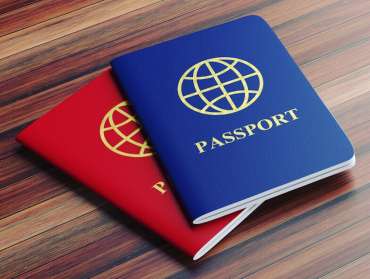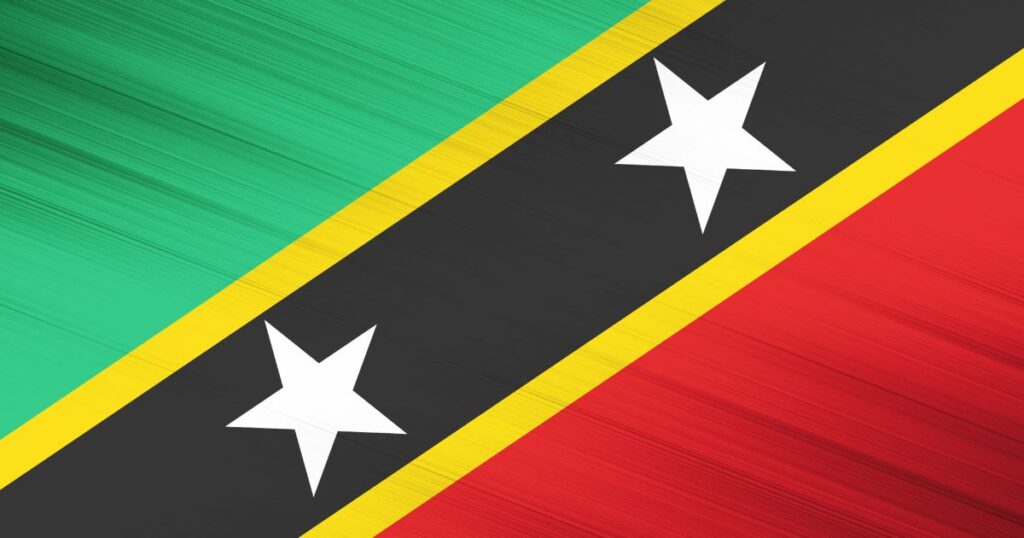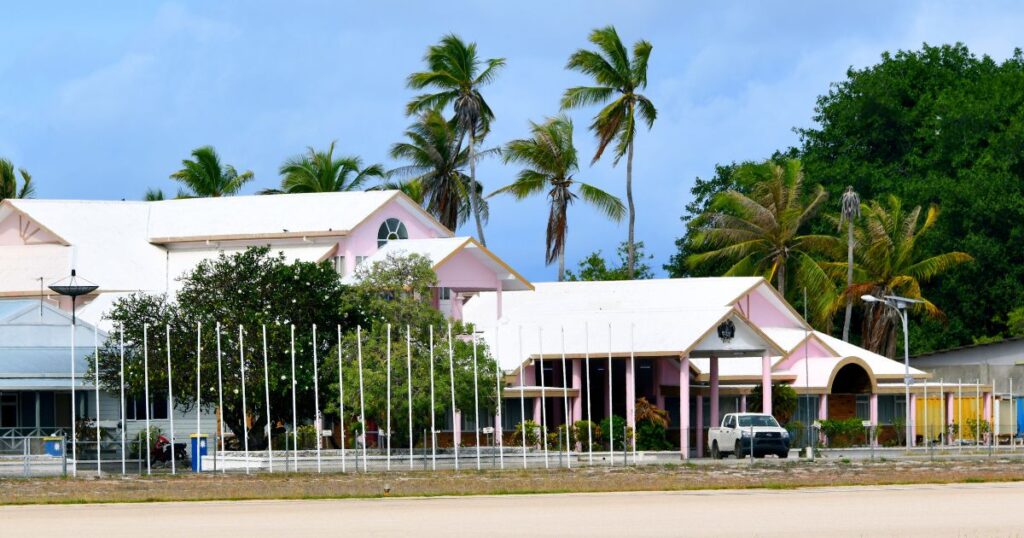Dual citizenship laws are complex and varies from country to country. Dual citizenship means persons can have or travel with two passports. Today, most advanced economies allow dual citizenship
Though a number of nations, freely allow dual nationality, it should be noted that several limitations apply for dual citizens. Each country sets its own criteria for citizenship and the rights of citizenship, which change from time to time, often becoming more restrictive (eg. military, consular protection, political affairs etc).
There are also some disadvantages with dual citizenship
- Double taxation
- Subjected to the laws of both countries.
- Barriers in some sensitive employment categories
Let’s take a look on some of the restrictions..
- Egypt – Dual citizens cannot be elected to Parliament.
- Armenia – Dual citizens cannot vote or be elected to Parliament.
- Israel – Diplomats and members of Parliament must renounce any other citizenship before assuming their job.
- Colombia – Dual citizens cannot be Ministers of foreign affairs and of defense.
- Australia – dual citizens cannot be elected to federal Parliament.
- New Zealand – Dual citizens may be elected to Parliament, but MPs once elected may not voluntarily become a citizen of another country, or take any action to have their foreign nationality recognised such as applying for a foreign passport.
- Philippines – dual citizens cannot run for any local elective office
- South Korea – Prior to 2011, South Korea did not permit multiple nationalities and for such person, the nationality was stripped after that person becoming the age of 22. Since 2011, a person can hold multiple nationalities if he or she has a multiple nationalities by birthright (i.e. not by naturalization) and explicitly takes an oath not to exercise the other nationality inside the jurisdiction of South Korea
- South Africa – It is a must apply for permission to keep their citizenship when acquiring the citizenship of another country
- Turkey – Requires citizens who apply for another nationality to inform Turkish officials (the nearest Turkish embassy or consulate abroad)
- Pakistan – Allows dual citizenship on an inclusionary basis since 1951, but only with 19 countries with treaties
- Bangladesh – Allows dual citizenship on an exclusionary basis – only with Non-Resident Bangladeshis who are not previously citizens of SAARC countries
- Germany / Austria – Permit dual citizenship only for persons who had obtained another citizenship by birth.
- Russia – A permission is required informing authorities.
- Switzerland – A three-tier system of citizenship – Confederation, canton and commune (municipality), permits dual nationality.
- India – Restricts dual citizenship, but those who acquire foreign nationality can renounce indian citizenship/passport within 3 years and hold OCI card (only valid with foreign passport)
Dual citizenship has become an important subject and is at the heart of citizenship planning in the twenty first century.





